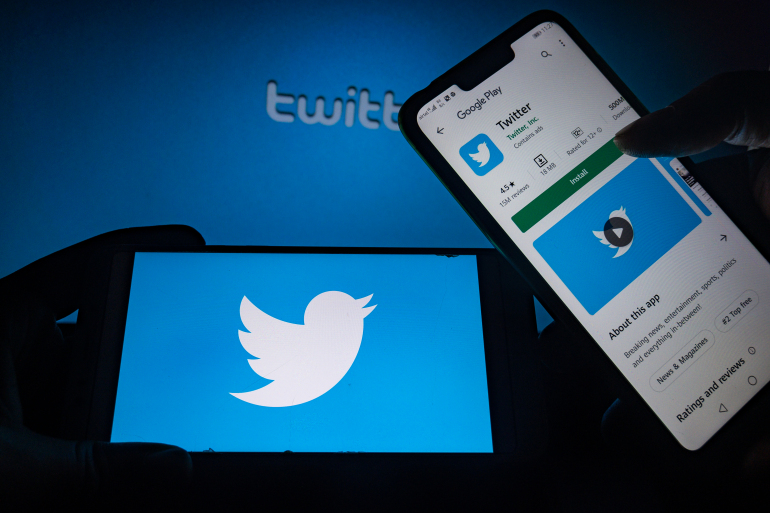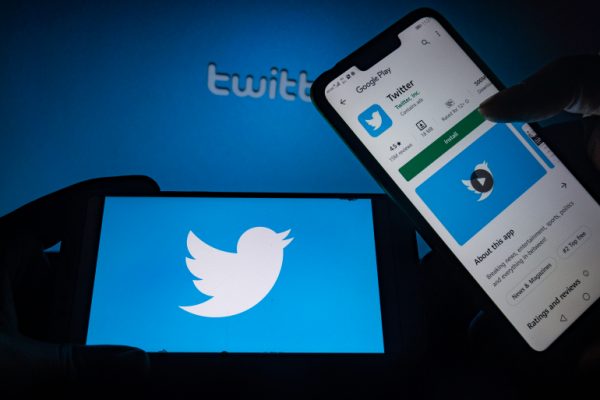Everything happened rather fast this time.
Just about two days after Twitter deleted inflammatory comments uttered by the president at his meeting in Abuja with the INEC Chairman, the Federal Government announced on Friday night in a Twitter post that it has indefinitely suspended the operations of the microblogging service in Nigeria.
Read more about Tech
The online space in Nigeria’s fast-growing tech and social media community has been in pandemonium since then. Nigerians at home have since defied odds and continued using their Twitter with the aid of VPNs despite the government threatening to arrest users while the foreign community watches on as the drama keeps unfolding.
Protest marches in locations such as London have been announced already while some Nigerians have chosen Democracy Day, June 12, as a designated protest day to vent their dissatisfaction with the Nigerian government’s actors. So far, the international community have also not been quiet as foreign embassies and diplomatic missions issued a joint statement on Saturday that the Nigerian government should immediately reverse the ban.
The ban on Twitter and the regulation of other Over The Top (OTT) services such as WhatsApp, Telegram, and Facebook Messenger, in Nigeria, is significant for a number of reasons cutting across human right concerns, economic concerns as well as diplomatic/foreign policy concerns, among others.
Firstly, an important section of the Nigerian constitution protects the rights of citizens to free speech in any medium they so desire. Meanwhile, the Twitter ban already threatens that fundamental right as the government moves to censor free speech by cutting out any medium through which Nigerians can communicate, aggregate and disseminate information. The government has, therefore, failed in that regard with the Twitter ban.
Sign up to the Connect Nigeria daily newsletter
More importantly, there are a lot of Twitter-enabled businesses already existing in the Nigerian online space which the presidency’s decision is threatening.
The U.S Mission in Nigeria has also expressed concern about what these bans could do to investor confidence as regulators could arbitrarily institute any policy they like for their selfish gains. There is no place in the world that investors will invest hard-earned money into an economy that does not have regard for the rule of law. In essence, Nigeria is indirectly blocking foreign direct investment and innovative capacity with such policies as the Twitter service ban and regulation of other OTT services.
In terms of the foreign policy implications, though the foreign missions of the U.K, U.S, Norway, Canada, and 3 other countries have jointly released a statement condemning the Twitter blockade, it is not yet clear if sanctions will follow in case Nigeria does not reverse the ban.
However, the Nigerian government may be avoiding further conflict and not want to escalate diplomatic rows with countries beneficial to Nigeria; especially after the face-off with citizens which culminated from the #EndSARS protests.
The economic hardship caused by below-par fiscal policies is enough ‘cross’ for hardworking Nigerians to bear; no extra burden should be added to these government-imposed severe policies if the administration is truly here to ensure the welfare and security of the citizens who have elected them.
Featured Image Source: Al Jazeera
Got a suggestion? Contact us: [email protected]


